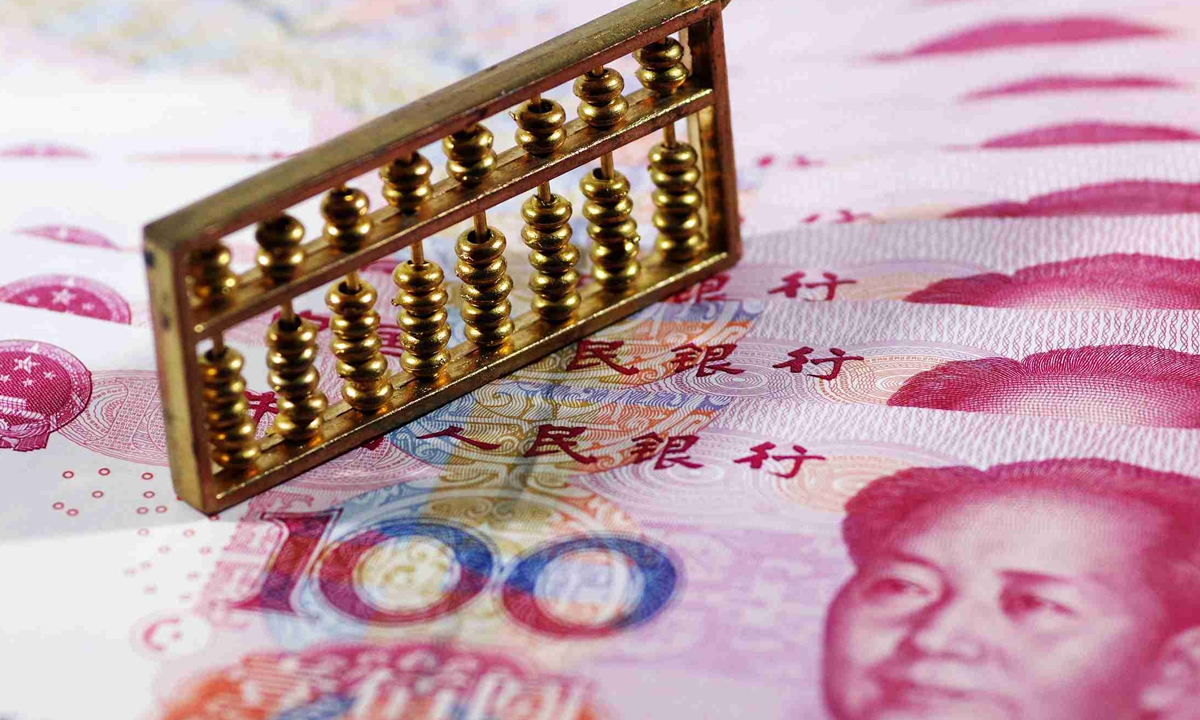-
17727404026


cross border logistics China will reimburse about 1 trillion yuan ($157 billion) of collected taxes to micro and individual businesses, officials decided on a State Council meeting on Monday, as the country implements active fiscal policies to bolster economic growth and keep capital markets running in a stable manner, China Central Television (CCTV) reported.
According to the meeting, China should ramp up the implementation of policies aiming at stabilizing the economy, including refund of existing overpaid VAT worth 1.5 trillion yuan ($ 236 billion) to domestic businesses this year, as arranged in the latest Government Work Report.
In particular, the meeting made detailed plans on China's tax refund procedures for 2022. It decided that the country will repay nearly 1 trillion yuan of taxes to all micro companies, as well as private or individually owned businesses that have paid taxes according to the normal tax calculation. The outstanding VAT credits will be refunded before the end of June, while the newly increased VAT credits for micro businesses will be refunded on a monthly basis starting from April.

Additionally, China will refund the existing VAT credits to companies in six industries, including manufacturing, software and information technology services, as well as environmental protection, officials determined during the meeting.
To support the implementation of tax and fee cuts at local levels, China will arrange 1.2 trillion yuan ($188.8 billion) worth of lump sum transfers. The meeting also noted that China will strengthen capital management to ensure that the refunded capital will directly reach the market entities.
China is taking action to implement a fiscal stimulus at a time when the country is facing some volatility in capital markets, after an important portion of capital fled from Chinese shares listed both in mainland and overseas markets upon recent news of the coronavirus outbreak and the geopolitical tensions in Europe.
Besides fiscal incentives, monetary policies are also actively laid out to support the economy. Officials pointed out at the State Council meeting that China will increase support loans with stable monetary policies in the real economy and will use monetary policy tools to keep social financing growing appropriately.
The meeting also noted that China will handle problems emerging in the capital markets to establish a stable, transparent, predictable market environment, as well as keep the yuan's exchange rate steady.